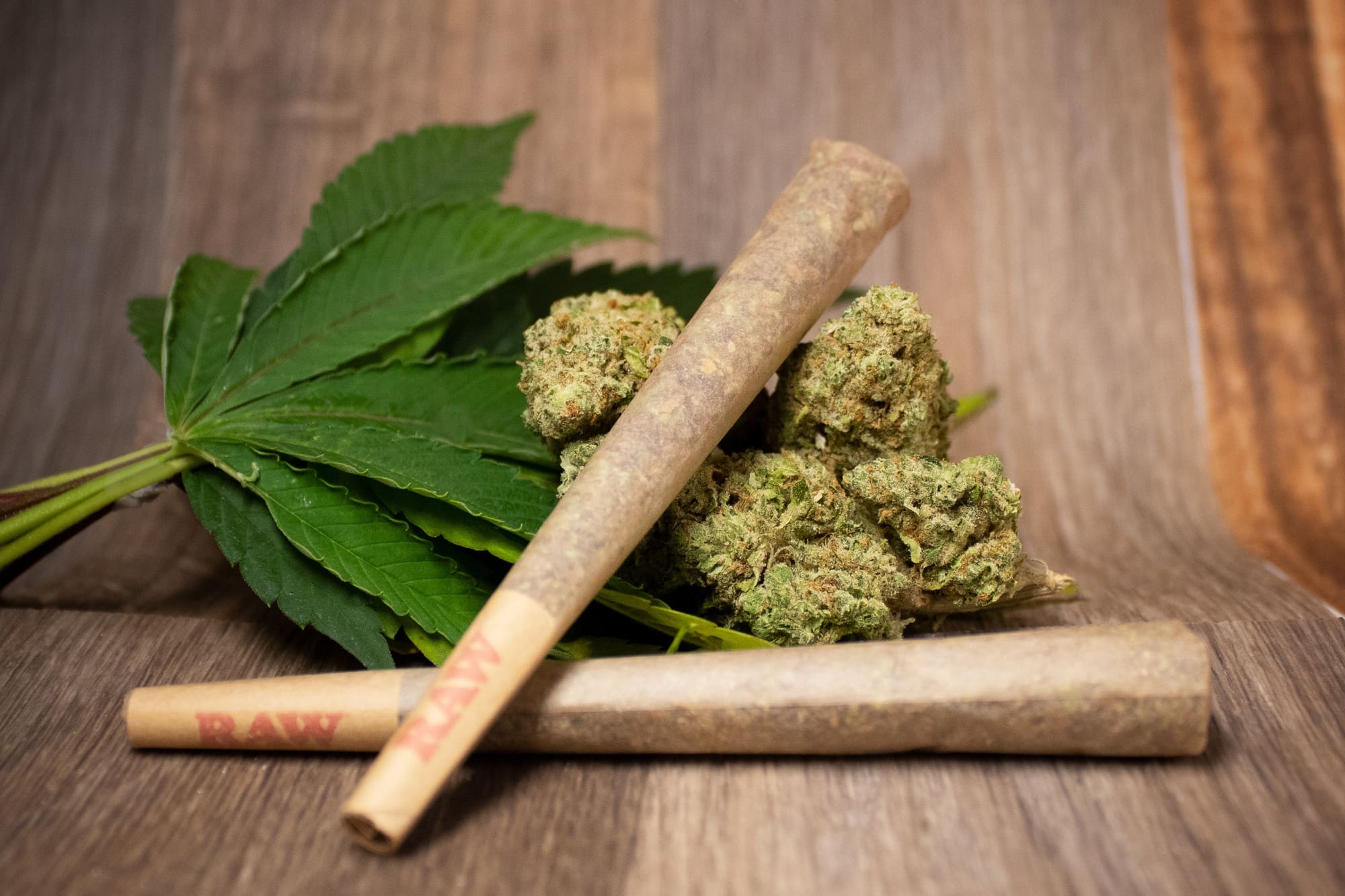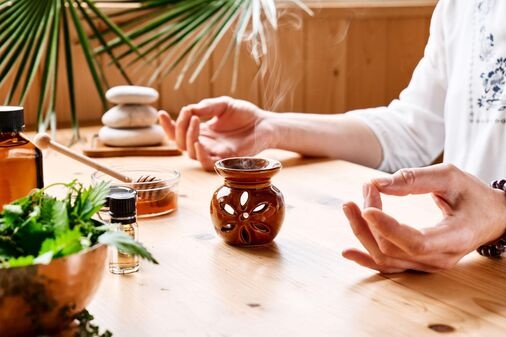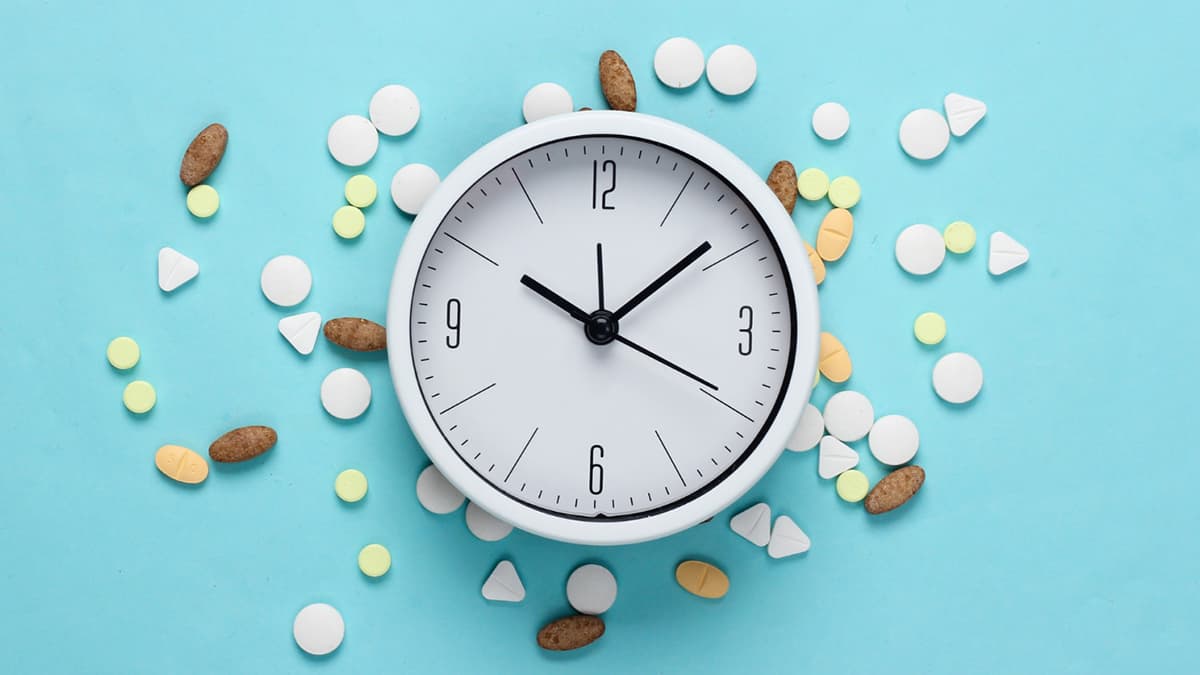Delta 8 THC has become increasingly popular for its potential to help control anxiety. This cannabinoid is comparable to Delta 9 THC, the active substance in cannabis, but has lower strength and fewer side effects.
Although Delta 8 THC has demonstrated encouraging results in decreasing anxiety, it is still essential to acknowledge both its benefits and potential hazards.
The Benefits
Delta 8 THC is well-known for the following potential benefits:
1. Reduce Anxiety Symptoms
Delta 8 THC has been shown to help reduce anxiety symptoms, such as nervousness and tension, without causing unwanted side effects. Delta 8 THC products, like Delta 8 Moon Rocks, activates the body’s endocannabinoid system, which regulates mood, appetite, and other physiological functions, including anxiety.
2. Activates The Endocannabinoid System
Delta 8 THC triggers the cannabinoid receptors in our body and activates the endocannabinoid system. Because of this, it can help regulate bodily processes like mood, appetite, and pain perception.
3. Anti-Inflammatory Properties
Since Delta 8 THC can help regulate pain perception, this anti-inflammatory effect helps people manage chronic conditions. It could also aid individuals with anxiety-related health issues that cause physical unease.
4. Reduced Psychoactive Effects
As mentioned, Delta 8 THC is similar to Delta 9 THC, only with reduced psychoactive effects. This makes it perfect for individuals who are looking to reduce anxiety and manage painful conditions without experiencing the undesirable effects of traditional cannabis usage.
The Risks
Despite the benefits and potentials of Delta 8 THC, it also has its share of risks, such as:
1. Legal Status
Delta 8 THC is not legal in all states. While certain states have approved its usage with specific limitations, others have forbidden it. It is crucial to verify the legal status of Delta 8 THC in your state before purchasing or using such.
2. Impaired Cognitive Function
The utilization of Delta 8 THC can lead to cognitive impairment and drowsiness, which could be dangerous if you have to work or drive. It is critical to refrain from using Delta 8 THC in such situations.
3. Side Effects
Like other cannabinoids, Delta 8 THC can interact with other medications and cause unwanted side effects. Talking to a healthcare provider before using Delta 8 THC is important, especially if you are taking prescription medications.
4. Lack Of Regulation
The FDA does not currently regulate Delta 8 THC, so there is little oversight of the manufacturing and labeling of these products. This can lead to inconsistent quality and potency, which may harm users. To avoid this, you must only buy Delta 8 THC products from reputable shops.
5. Addiction
While Delta 8 THC is less potent than Delta 9 THC, it can still be addictive. Like other substances, it can lead to psychological and physical dependence if used frequently or in large doses. It is vital to use Delta 8 THC responsibly and under the guidance of a healthcare provider.
Comparing Delta 8 THC To Other Treatments
Comparing Delta 8 THC and other anxiety management treatments can provide a valuable context for understanding its benefits and risks. Here are some points of comparison:
Prescription Medications
Anxiety is frequently treated with prescription drugs, but these medications usually have harmful side effects. Antidepressants can cause sexual dysfunction, weight gain, and nausea, whilst benzodiazepines might result in drowsiness, forgetfulness, and memory issues.
On the other hand, Delta 8 THC offers a more natural and less invasive option for anxiety management, with fewer and less severe side effects.
Therapy
Cognitive-behavioral therapy is a popular and efficient anxiety treatment approach. Nonetheless, it can be costly, requires time or commitment, and may not be accessible to everyone.
Therapy requires active participation and effort on the part of the individual and may not be ideal for those who have other priorities. Delta 8 THC offers a more accessible and convenient treatment option, especially for those who don’t have access to expensive therapy.
Lifestyle Changes
Lifestyle changes, such as exercise, meditation, and dietary changes, can effectively manage anxiety. But lifestyle changes may take time to have an effect and may not be a viable option for those with severe or persistent anxiety. Delta 8 THC may offer a more immediate and reliable option for anxiety management. However, it is recommended to include lifestyle changes to ensure long-term benefits.
Combination Therapy
Combining various anxiety treatments can offer a more effective approach than relying on a single treatment method. For instance, using Delta 8 THC with therapy or lifestyle modifications may provide a more comprehensive approach to anxiety treatment. Additionally, combining different treatments may decrease the possibility of side effects associated with each treatment method when used separately.
It is significant to remember that the effectiveness of various anxiety therapies might change depending on the patient and how severe their anxiety is. It is crucial to examine treatment alternatives with a healthcare professional to ensure they are secure and suitable for the patient’s particular requirements.
Dosage And Administration
Discussing the optimal dosage and administration of Delta 8 THC is a crucial aspect to consider when it comes to anxiety management. Here are some points to consider:
Optimal Dosage
The optimal Delta 8 THC dosage for treating anxiety can vary depending on a person’s weight, metabolism, and cannabis tolerance, among other things. Generally, Delta 8 THC should be used at a lower dosage to control anxiety. Higher doses may cause more sedation and adverse reactions like dry mouth, burning eyes, and cognitive impairment.
Administration Methods
Delta 8 THC can be consumed in various ways, including smoking or vaping, edibles, tinctures, and topical creams. Each method of administration has its unique benefits and risks. For example, smoking or vaping Delta 8 THC may provide more immediate relief but can harm the lungs. Edibles may take longer to take effect but can provide a longer-lasting effect. Tinctures may be easier to dose accurately but can be less convenient to use.
Risks And Side Effects
While Delta 8 THC is generally considered safe, the potential risks and side effects should be considered. Higher doses of Delta 8 THC can lead to increased sedation, impaired cognitive function, and increased heart rate. Additionally, Delta 8 THC can interact with other medications and supplements and can be addictive if used frequently in high doses.
Caution For Certain Groups
Individuals with a history of mental health conditions, substance abuse, or respiratory issues should be cautious when using Delta 8 THC for anxiety management. Pregnant and breastfeeding individuals should also avoid using Delta 8 THC, as it may affect fetal development.
Remember to note that the optimal dosage and administration of Delta 8 THC for anxiety management can vary depending on the individual and should be discussed with a healthcare provider to ensure safety and effectiveness. Additionally, any potential risks or side effects of Delta 8 THC should be carefully considered before use.
Conclusion
Delta 8 THC has shown potential as a natural and effective treatment for anxiety, with fewer psychoactive effects than traditional cannabis use. However, as with any treatment, there are potential risks and side effects, and optimal dosage and administration should be discussed thoroughly with a healthcare professional.
While further research is needed to fully understand the benefits and risks of Delta 8 THC for anxiety management, it offers a promising option for those seeking natural and accessible solutions for their anxiety.








Leave a Reply
You must be logged in to post a comment.